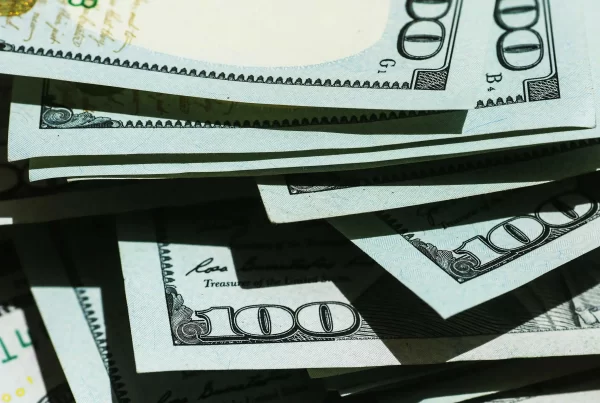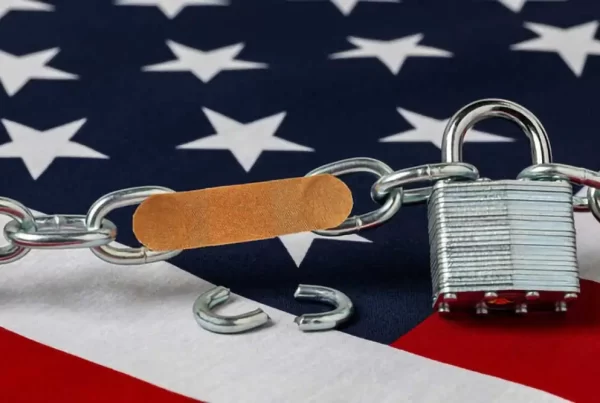The “U” Visa was created by Congress in 2000 through the Victims of Trafficking and Violence Protection Act of 2000. It is a visa for those that have been victims of crimes (and typically violent ones) and are cooperating with law enforcement officials. To be eligible, one has to, among other things, be a victim of or a witness to a crime and suffer harm (whether physical or mental), make a report of that crime to the police, and cooperate with the police. If all these base criteria are met, an authorized police official or other government official (like a judge or prosecutor) has to sign a USCIS Form (I-918) indicating that you were in fact a victim of or witness to a crime and are cooperating with an investigation as well as describe how you are cooperating. With this document and signature in hand, you can apply for the U Visa with USCIS. Once the U Visa is approved, you are eligible to apply for permanent residence after three years of being in U Visa status.
While the existence of the U Visa is a great blessing for many people, what most do not understand about it is that only 10,000 can be granted each year. From 2001 to almost 2009, 70,000 of these visas were not used because the program was not well-known and few people applied for the visa.
Unfortunately, there have been more than 10,000 applicants each year since 2009. In Fiscal Year 2022, 29,700 victims of crimes applied for the U Visa. USCIS approved 10,051 U Visa applications and denied 3,131. That means they had at least 16,000 applications that were received in 2022 and were not even adjudicated. That, however, is not the worst news. As of September 30, 2022, USCIS had 188,974 U Visa applications pending. That means anyone who applied for a U Visa after October 1, 2022 has a 19-year wait to obtain an actual U Visa and an additional three years before they can apply for permanent residence: a 22-year wait!
About a decade ago, Immigration started to grant Deferred Action to those with pending U Visa applications in what Immigration called “an act of good faith” for those in “good standing”. This was a type of provisional decision on U Visa applications that allowed people to stay in the United States and work with permission while their applications were pending. The problem is that USCIS is not granting Deferred Action to applicants for a long time. Today, USCIS tells us that 80% of their U Visa cases are taking between 59.5-60.5 months in order to be processed for deferred action, but that does not mean approved for a U Visa. That means until they obtain a work permit. The Biden administration, in 2021, shut down U Visa processing so that it could make “Bona Fide Determinations” (BFD) on all the pending U Visa cases and issue work permits. And, while it is true that USCIS shut down U Visa processing for a year, very few people actually received their BFD work permits. Today, tens of thousands of people sit impatiently waiting to know if they have to wait 22 years for a green card.
Is it possible to bring mass litigation to speed up the U Visa adjudication process? Or to get the 80,000 U Visas that were never used into the hands of those that can actually use them? To speed up adjudication for deferred action for those that are waiting on U Visas? These are good questions, and the answer is yes—it can be done! But one thing is lacking: plaintiffs willing to stand up and hold the government accountable! If that is you, let us know!






